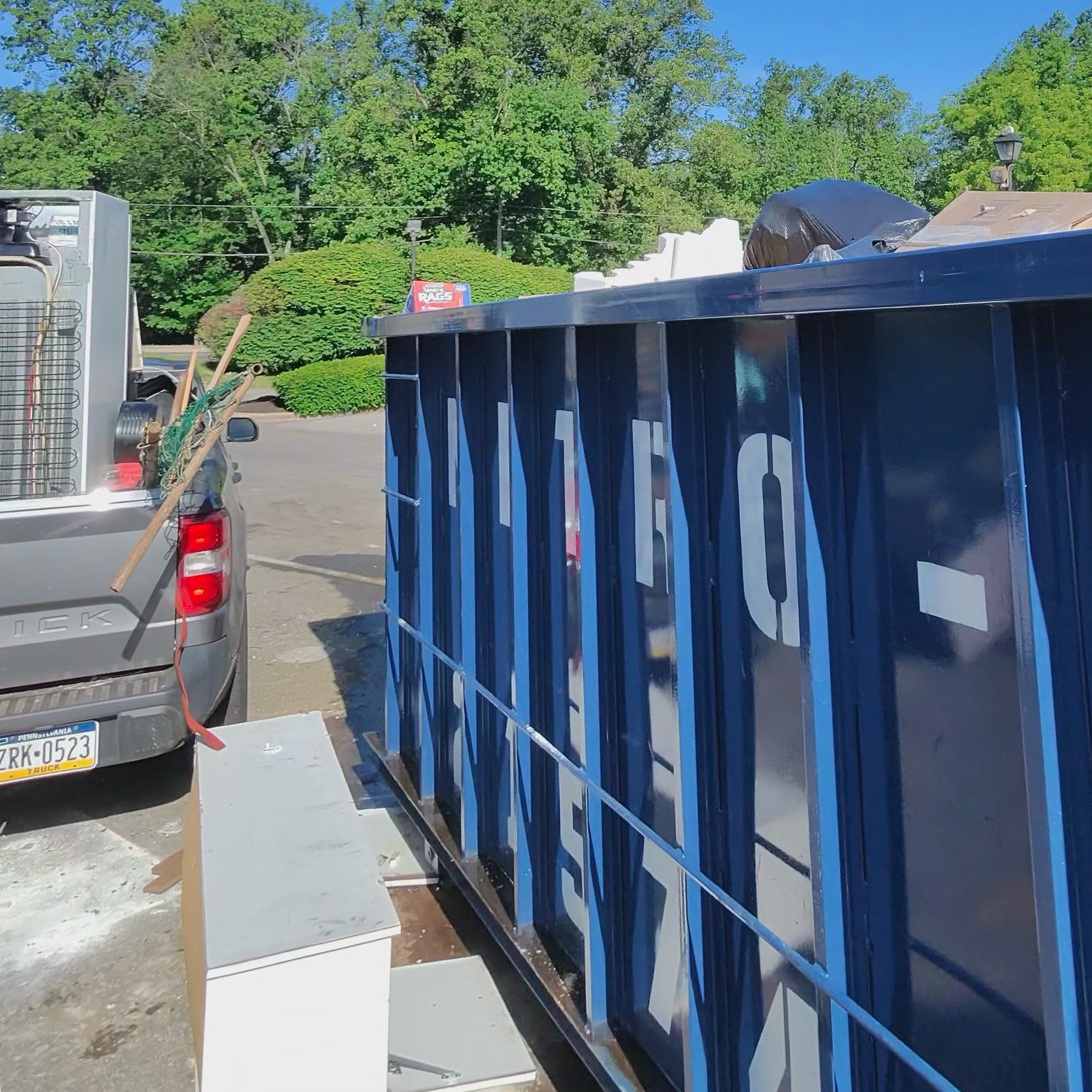While you can always take your scrap to the yard, a true Scrap Master understands market fluctuations and knows when to hold onto valuable metals for a higher payout, and when to sell immediately.
Why the "Hold or Sell" Decision Matters for Your Profits
Scrap metal prices, particularly for non-ferrous metals, are dynamic. They move up and down daily, influenced by global economic factors, industrial demand, and supply. Holding onto a large volume of high-value metal for just a few days or weeks could mean the difference of hundreds of dollars, but holding too long could also mean missing a peak or seeing prices drop.
1. Volatile Metals: Know Your Movers
-
Most Volatile (Watch Closely!): Copper, Aluminum, and Brass. These non-ferrous metals react quickly to global economic news, manufacturing demands, and international trade. These are the metals you might consider holding.
-
More Stable (But Lower Value): Steel and Iron. Their prices are generally more consistent but much lower per pound. Unless you have an enormous volume (tons), holding light iron typically isn't worth the extra effort or risk.
2. Factors to Consider Before Holding Your Scrap:
Holding metal isn't always the best strategy. Assess these points:
-
[ ] Storage Capacity: Do you have a secure, dry place to store a large volume of metal? (Refer to KB #7: "Setting Up Your First Scrap Pile at Home"). You can't hold what you can't safely store.
-
[ ] Security: High-value metals like copper are targets for theft. Is your storage area secure from intruders? The potential loss outweighs any price gain.
-
[ ] Market Trend: Is the price genuinely trending upwards, or is it just a single-day bump? Look at the historical data (weekly, monthly trends) to confirm. Don't chase small daily spikes.
-
[ ] Capital Needs: Do you need the cash from the scrap now for other investments or living expenses? If so, sell. Don't hold if it puts a strain on your operations or finances.
-
[ ] Risk Tolerance: Are you comfortable with the risk that prices could drop? No one can predict the market perfectly.
-
[ ] Degradation: While non-ferrous metals don't rust like steel, they can tarnish or get dirty. Ensure proper storage doesn't compromise their "clean" grade.
3. How to Track Scrap Metal Market Fluctuations:
Staying informed is your best defense against missing out on profits.
-
Daily Price Apps & Websites:
-
iScrap App: A popular mobile app that provides frequently updated scrap metal prices from various yards.
-
Local Yard Websites: Many larger scrap yards (like those in Philadelphia) publish their daily prices online. Check frequently.
-
-
Historical Data & Trends: Don't just look at today's price. Look at how prices have moved over the past week, month, or quarter. Are they trending up or down? Are they at a 3-month high or low?
-
Industry News: Major economic news (e.g., manufacturing reports, infrastructure spending, global trade agreements) can indicate future price movements.
-
Scrap Yard Relationships: Politely ask yard staff for their insights. They see the market every day and might offer valuable opinions (e.g., "Prices are expected to rise next week" or "We're seeing a dip now").
4. When to Sell Immediately:
For most scrappers, most of the time, selling when you have a good, sorted load is the most practical strategy.
-
Low-Value Ferrous Metals: Don't hold onto steel or iron. Take it to the yard once you have a decent load. The price fluctuations rarely justify the extra storage effort.
-
When Cash is Needed: If you need the funds for operations, new tools, or personal expenses, sell your metal.
-
After a Price Peak: If prices have had a significant run-up, and you have a good load, it might be wise to sell and "cash out" on the high.
-
Limited Storage Space: If your home scrap pile is getting too big, sell to make space for new incoming scrap.
The Scrap Master's Strategy: Balance & Knowledge
The decision to hold or sell is a balance between market knowledge, logistics, and your financial needs.
-
Educate Yourself: Continuously track prices and understand the factors influencing them.
-
Be Prepared: Have proper storage and security if you decide to hold.
-
Manage Risk: Don't gamble what you can't afford to lose. For most scrappers, steady, consistent smaller payouts are more reliable than chasing elusive major spikes.
Knowing when to make that strategic trip to the scrap yard is a hallmark of a truly profitable Scrap Master!
Ready to master market analysis, advanced sorting, and all the strategies for maximizing your scrap profits?
Explore our comprehensive courses at The Scrap Masters University and learn to optimize every aspect of your business!





